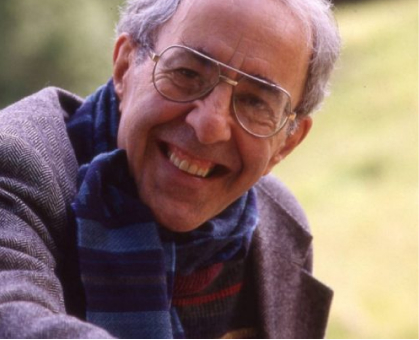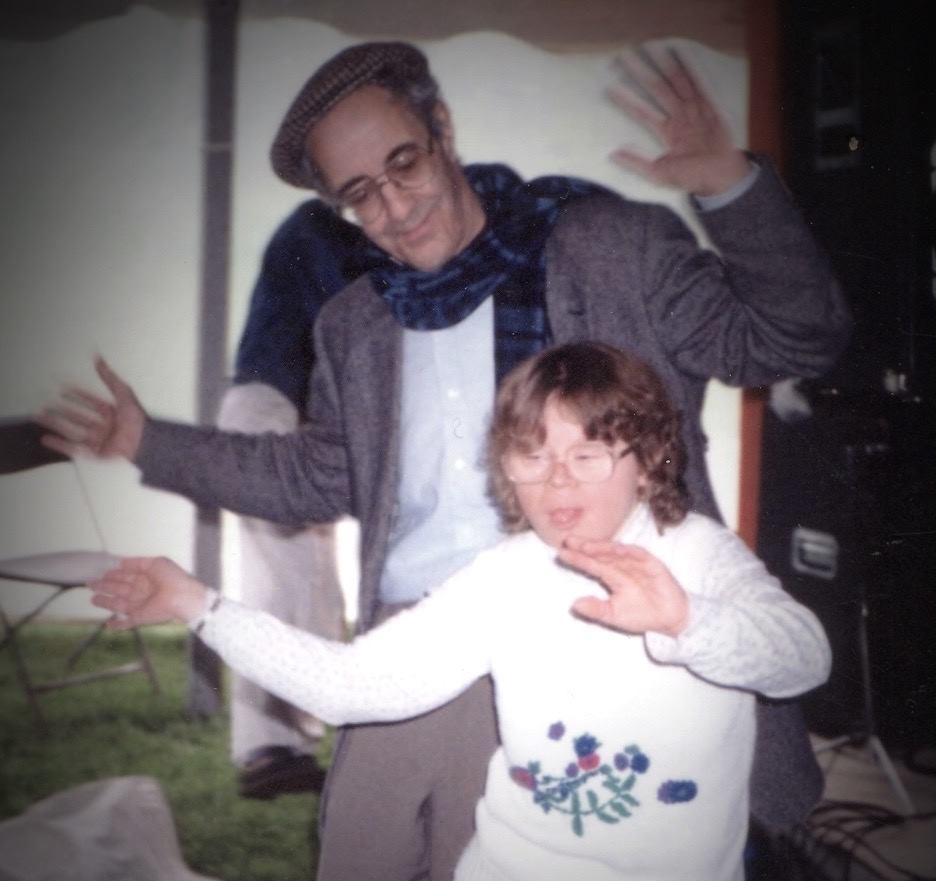The first L’Arche community was founded in 1964 in the small town of Trosly, France in response to the inhumane conditions of the large institutions where people with intellectual disabilities had been placed. That first L’Arche community of just four men provided a model for robust L’Arche communities all over the world for the next 50 years.
The first L’Arche home opened in Trosly, France in a previously abandoned small cottage. The first community provided a home in the truest sense of the word for its first four inhabitants and was a response to greater society’s call to bring people with intellectual disabilities out of the degrading conditions of institutions. No longer were people with disabilities seen as something shameful that needed to be quarantined, but as full human beings inherently deserving of respect.
The first L’Arche community in the United States opened in Erie, Pennsylvania. The first home was in a dilapidated neighborhood and those early days were difficult. The founders had to share their personal incomes to sustain the community, while eating “apples and onions” for many of those first community meals.
The 1973 Rehabilitation Act included Section 504, which, for the first time, outlawed discrimination based on disability for the recipients of federal funds.
L’Arche Spokane was founded in 1976 by Sister Mary Hurley. She founded L’Arche Spokane (then called Spokane Nazareth) after spending a year in what was then a L’Arche community in Missoula, Montana.
L’Arche became an international federation as the second generation of L’Arche leaders began to emerge. L’Arche grew into a truly global movement that continues its mission to this day.
L’Arche Spokane grew to consist of 12 men with developmental disabilities. They purchased a farm in Mead, WA, where the men could have regular, productive work. They raised pigs, goats, geese, rabbits, chickens and dogs, and had an apple orchard and garden.
L’Arche USA was founded to help support existing communities in the United States and to help guide groups that are interested in founding new L’Arche communities.
The Fair Housing Act (FHA) was amended to include provisions outlawing housing discrimination on the basis of disability.
President George H. W. Bush signed the Americans with Disabilities Act (ADA) into law. As he signed the law, President Bush exclaimed “Let the shameful wall of exclusion finally come tumbling down.”
In 1989 the decision was made for L’Arche Spokane to move near Gonzaga University to be closer to the Jesuit community, be more active participants in the life of Spokane and have better access to public services. They opened two homes in the Logan Neighborhood, and for the first time, women were welcomed into the community.
Half a century after its founding, a once small grassroots movement had become a global effort to celebrate diversity and the inherent value of all humans. People with intellectual disabilities found communities that valued their voices.
Jean Vanier passed away in France at the age of 90.
L’Arche Spokane maintains 2 houses in the Logan neighborhood providing homes for 12 core members and the assistants who come to live with them. It is an active and welcoming community with many friends and supporters.
Philosopher, writer, and humanist Jean Vanier (1928-2019) was the founder of two international organizations for people with intellectual disabilities: L’Arche and Faith and Light. The 154 L’Arche communities in 38 countries and the 1,450 Faith and Light communities in 83 countries are living laboratories of human transformation.
Many pilgrims on the spiritual journey have been drawn to the life, faith, and writings of Henri Nouwen. Henri Nouwen was a priest and professor who spent the last 11 years of his life in a L’Arche community in Trosly-Breuil, France and one near Toronto, Canada.
Born in Holland in 1932, Nouwen was an ordained priest who also studied psychology at the Catholic University of Nijmegen. He taught at the University of Notre Dame and the Divinity Schools of Yale and Harvard.
In 1986, one year after Nouwen accepted an opportunity to visit L’Arche Trosly-Breuil, he chose to make his permanent home at L’Arche Daybreak near Toronto, Canada. Ten years later, he died suddenly in Holland and was buried near the Daybreak community.
“When we honestly ask ourselves which person in our lives means the most to us, we often find that it is those who, instead of giving advice, solutions, or cures, have chosen rather to share our pain and touch our wounds with a warm and tender hand.” – Henri Nouwen
Several of Nouwen’s books were inspired by the life he shared with people with intellectual and physical disabilities in L’Arche. A journal of his year at L’Arche Trosly is captured in The Road to Daybreak: A Spiritual Journey. Additionally, Nouwen wrote Adam, God’s Beloved, a beautiful and inspiring account of how his life was transformed through a friendship with a Core Member in the Daybreak community.

